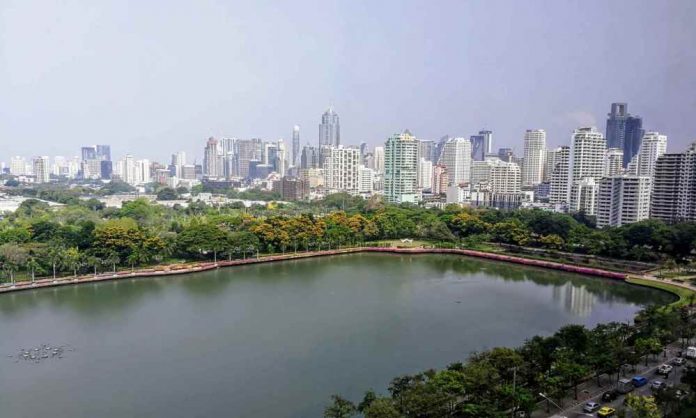The questions of who owns the air above buildings has long been a hotly contested issue in metropolises like London, New York and Hong Kong.
But as rapid urbanisation takes hold, and the amount of available space shrinks, more cities are waking up to the value of their air.
Air rights – which allow for the control, use or occupation of the space above a property – are increasingly being explored as an option to unlock equity or expand development potential, says Tom Aylward, a manager in Melbourne sales and investments at JLL.
“With land values surging, developers are thinking more creatively about how they maximise value,” he says.
In Melbourne, Australia, where the rate of population growth is among the highest in the world, recent negotiations in the city indicate developers are increasingly turning their eyes to the sky.
Property group Golden Age struck a deal with retail specialist Vicinity Centres to purchase the air rights above The Glen Shopping Centre in suburban Melbourne.
It paved the way for a 555-apartment scheme called Sky Garden due for completion in 2021. The scheme is incorporated into a A$460 million upgrade of the retail precinct completed in 2019.
“Air rights are definitely something that residential and commercial developers are paying much more attention to than they have historically,” Aylward says. “Not least as it can unlock equity in one property, while expanding on the development potential of another.”
Thinking vertically
The concept of air rights – sometimes referred to as transferable-development rights – can be traced back to the ad coelum legal doctrine, which held that property owners had the rights to the land underneath them going all the way to hell, and…
